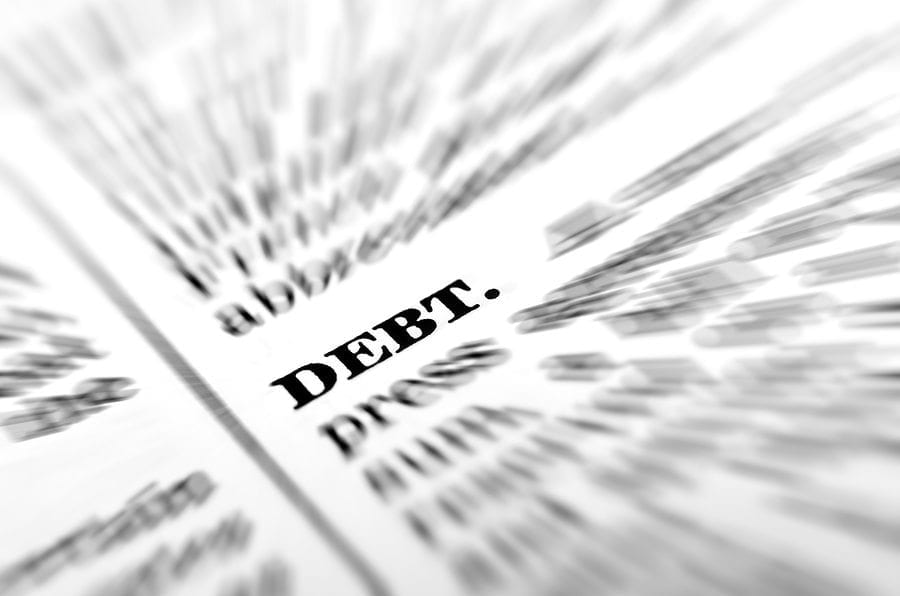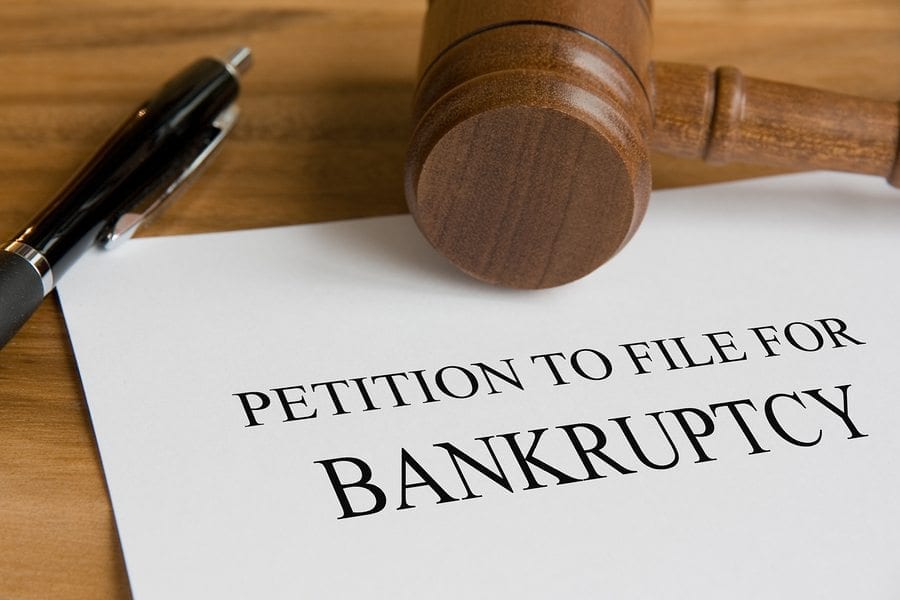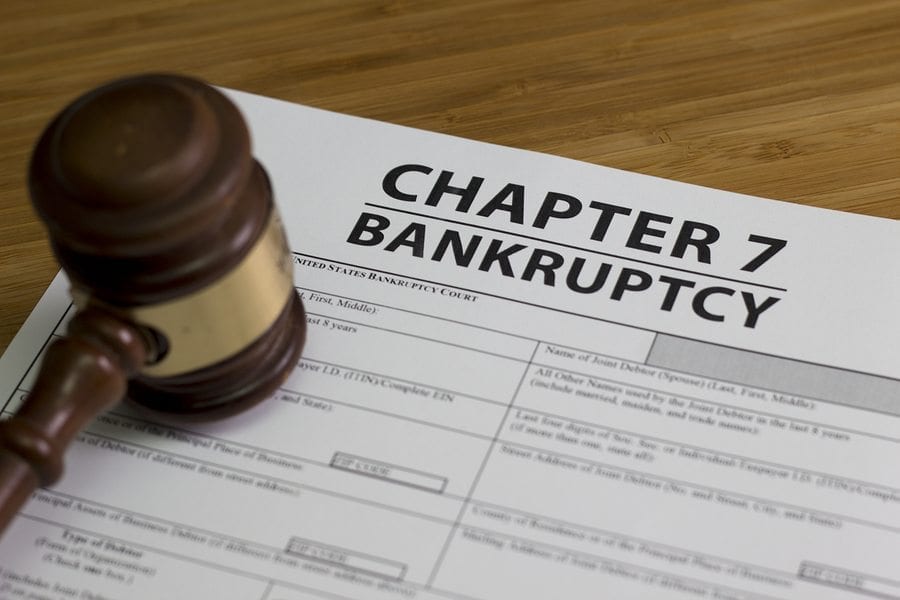Bankruptcy has the power to eliminate your liability for various types of debt, including credit card debt, medical debt, and other major sources of debt in households across Pennsylvania. However, while the bankruptcy discharge is fairly comprehensive, there are several types of debt which bankruptcy cannot eliminate, known as “non-dischargeable” debts. In this article, our Pennsylvania Chapter 7 bankruptcy lawyers will compare some examples of non-dischargeable debts in Chapter 7 and Chapter 13 bankruptcy cases filed in Pennsylvania.
Non-Dischargeable Debts in Chapter 7 and Chapter 13
First, let’s start with the good news: both Chapter 7 bankruptcy and Chapter 13 bankruptcy, which together account for the vast majority of consumer bankruptcy cases in Pennsylvania, can discharge, or eliminate, most types of debt. Dischargeable debts in Chapter 7 and Chapter 13 bankruptcy cases – or in other words, debts that bankruptcy can get rid of – include but are not limited to the following:
- Credit Card Debt
- Medical Debt
- Past Due Rent
- Past Due Utility Bills
- Personal Loans
Debts Bankruptcy Can’t Eliminate
While the powers of bankruptcy to erase debts are broad, there are still a few non-dischargeable debts which remain unaffected by bankruptcy. If a debt is classified as non-dischargeable, it will not be eliminated by your bankruptcy case, and you will still be responsible for paying it off even after your case is resolved.
Non-dischargeable debts in Chapter 7 and Chapter 13 include debts arising from:
- Alimony Payments
- Child Support Payments
- Criminal Fines
- Criminal Restitution (Victim Compensation)
- Fraud
- Student Loans
The treatment of tax-related debt is particularly complex and should be evaluated carefully on a case-by-case basis by a Philadelphia bankruptcy attorney. Debts related to income tax may be dischargeable if the following statements are true:
- At least two years have passed since the tax return which gave rise to the debt was filed.
- The due date of the tax return predates the bankruptcy by at least three years.
Other tax-related debts, such as obligations arising from payroll taxes, cannot be discharged regardless of the debtor’s circumstances.
In most situations, debs are automatically classified as dischargeable or non-dischargeable. For example, alimony is automatically understood by the courts to be a non-dischargeable debt. However, there are some debts whose alleged status must be established by the creditor. For example, if a creditor wants to claim that a debt must be repaid because it was incurred via fraudulent acts, the creditor must prove that fraud actually occurred in order for the debt in question to be confirmed as a non-dischargeable debt.
Regardless of which chapter you file under, you will remain liable for the aforementioned debts because they are non-dischargeable. If the primary source of your debt is, for example, alimony or child support, bankruptcy will not be an efficient financial solution for you. However, it may be possible to obtain relief through various alternatives to bankruptcy, which our attorneys can also assist you with.
Which Debts Can Be Discharged in Chapter 13, But Not Chapter 7?
There are many differences that distinguish Chapter 7 bankruptcy from Chapter 13 bankruptcy, including the scope of the discharge in each. While both chapters discharge many debts, Chapter 13 has a slightly broader discharge that covers a few additional debts which are otherwise considered non-dischargeable in Chapter 7.
For example, debts arising from divorce settlements are normally classified as non-dischargeable debts in Chapter 7 bankruptcy cases, but can be discharged in Chapter 13 cases. Other examples of debts which can be discharged in Chapter 13 but not Chapter 7 include debts related to:
- Homeowners Association Fees (HOA Fees)
- Intentional Property Damage
- Retirement Plans
Philadelphia Bankruptcy Lawyers Serving Bucks, Delaware, and Montgomery Counties
While several debts remain unaffected by bankruptcy proceedings, most can be erased through a Chapter 7 or Chapter 13 bankruptcy. If you’re among the thousands of Pennsylvanians struggling to overcome debt related to hospital bills, credit card bills, personal loans, or business loans, bankruptcy may be an efficient and cost-effective remedy to your financial problems. Furthermore, in addition to helping you get your existing debts under control, bankruptcy can also protect you from creditor harassment, delay collection actions while the case is underway, and give you the financial breathing room you need to start building good credit in the future. Under certain circumstances, bankruptcy may even be able to prevent foreclosure.
The benefits of bankruptcy are numerous, but the process of filing can be fraught with confusion and difficulty. Make sure that your legal rights and financial interests are being protected by a skilled, knowledgeable, and experienced attorney who knows how to make your bankruptcy case work for you. To set up a free and completely confidential legal consultation regarding your Pennsylvania Chapter 7 or Chapter 13 bankruptcy case, contact the Montgomery County Chapter 7 bankruptcy lawyers Sadek Bankruptcy Law Offices Law Offices at (215)-545-0008 today.







